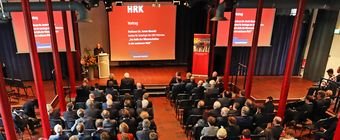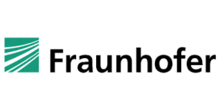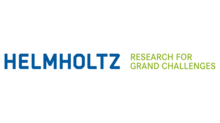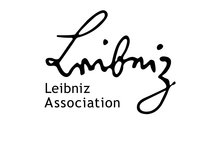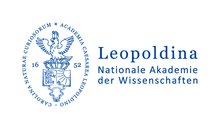Alexander von Humboldt Foundation

The Alexander von Humboldt Foundation awards fellowships and research awards to outstanding researchers and fosters cooperation between foreign and German academics, strengthening the German research landscape through international exchange. Through the Philipp Schwartz Initiative, the Foundation provides universities and research institutions in Germany with the means to host at-risk researchers for a period of 24 months on a fully funded research fellowship.
www.humboldt-foundation.de
